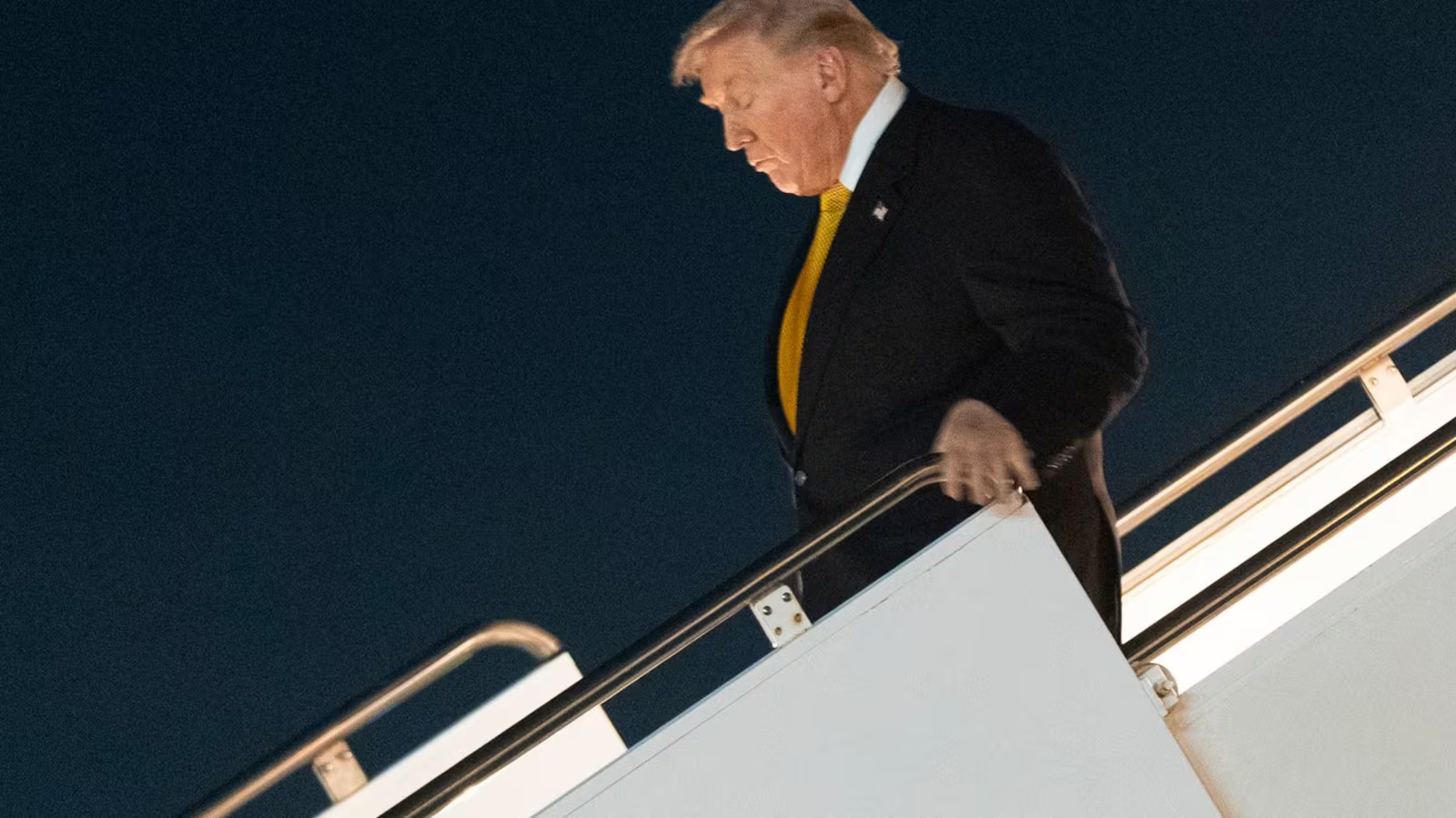London, U.K. — The BBC is facing one of the most serious leadership crises in its modern history after Director-General Tim Davie and Head of News Deborah Turness resigned amid allegations of bias and editorial misconduct over the network’s handling of a speech by U.S. President Donald Trump.
The controversy erupted after the broadcaster’s flagship investigative program, Panorama, was found to have edited together separate sections of Trump’s January 6, 2021 rally speech in a way that critics said falsely implied he had directly called for violent action as his supporters stormed the U.S. Capitol.
The resulting backlash — amplified by the Daily Telegraph and political figures on both sides of the Atlantic — triggered days of mounting pressure, culminating in the resignations announced on Monday morning.
Leadership Fallout and Official Response
In his resignation letter to staff, Tim Davie acknowledged “serious mistakes” in editorial oversight, stating:
“There have been some mistakes made, and as Director-General, I have to take ultimate responsibility.”
Turness, who also stepped down from her post as Head of News, said the controversy was “deeply damaging” to the broadcaster’s credibility:
“Our journalists are hardworking people who strive for impartiality. I stand by their integrity — there is no institutional bias at the BBC. But the buck stops with me.”
BBC Chairman Samir Shah issued a formal apology to U.K. lawmakers, admitting that the editing decision represented an “error of judgment” that had the potential to mislead viewers.
“We accept that the way the speech was edited did give the impression of a direct call for violent action,” Shah said.
The statement clarified that the Panorama episode had spliced together three separate quotes from Trump’s one-hour speech, omitting his explicit reference to demonstrating “peacefully and patriotically.”
Trump Reacts — “A Terrible Thing for Democracy”
President Donald Trump responded on his Truth Social platform, accusing the BBC of attempting to “step on the scales of a Presidential Election.” He thanked the Daily Telegraph for “exposing corrupt journalists” and added:
“These are very dishonest people who tried to influence an election — a terrible thing for Democracy!”
The White House Press Secretary, Karoline Leavitt, weighed in on X (formerly Twitter), sharing side-by-side headlines about the controversy with the caption “shot and chaser,” referencing the rapid succession of scandal and resignations.
Mounting Scrutiny of the BBC
The fallout follows the publication of a confidential dossier by media advisor Michael Prescott, which criticized the BBC’s editorial practices and raised additional concerns about coverage of transgender issues and the Israel-Hamas conflict. The report alleged recurring lapses in editorial balance, including in the BBC’s Arabic-language service.
The broadcaster, celebrating its 103rd year, faces intense scrutiny because it is publicly funded through a £174.50 annual license fee paid by every U.K. household that accesses BBC content. Under its Royal Charter, the BBC is legally obligated to maintain strict impartiality.
Political observers note that both conservative and liberal critics have accused the network of bias — conservatives alleging a left-leaning slant, while progressives claim it panders to government pressure.
A Broader Crisis of Trust
Former BBC editor and ex-Downing Street communications chief Craig Oliver said the scandal exposed deeper issues with how the corporation handles crises in the digital era:
“It’s been obvious for days that the BBC needed to step up, explain, apologize, and move on. Instead, there was hesitation while the President of the United States attacked the institution unchecked.”
The resignations mark the BBC’s most significant leadership shakeup since the 2012 Jimmy Savile scandal, which similarly raised questions about editorial oversight and governance.
As the search begins for new leadership, the BBC Board has vowed to restore public confidence in its journalism, promising a full independent review of editorial standards and stronger internal accountability measures.

